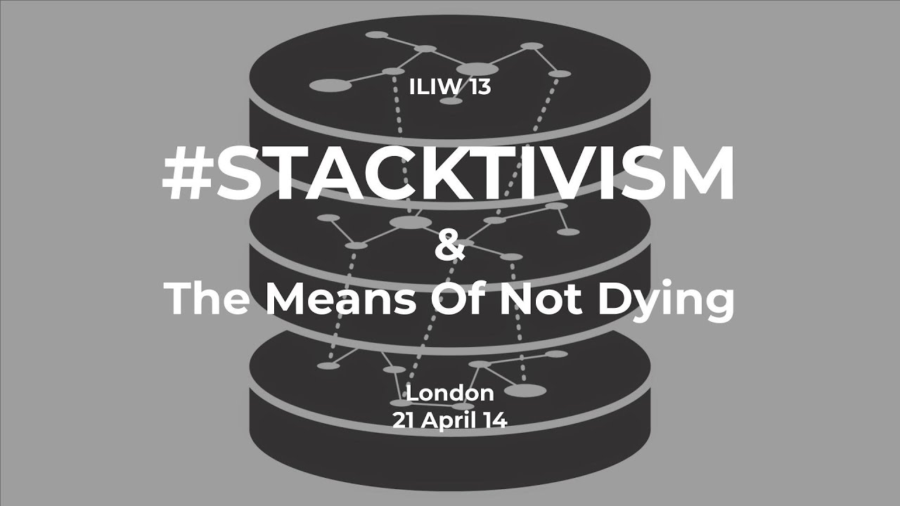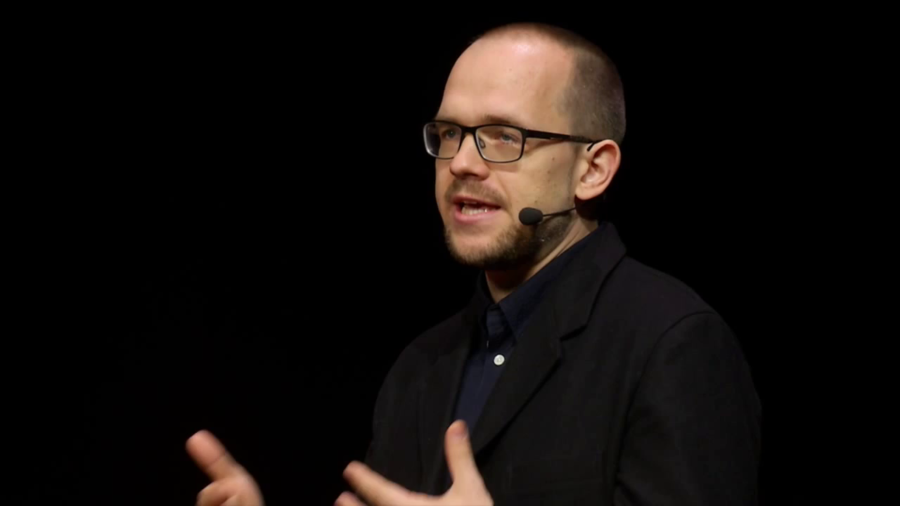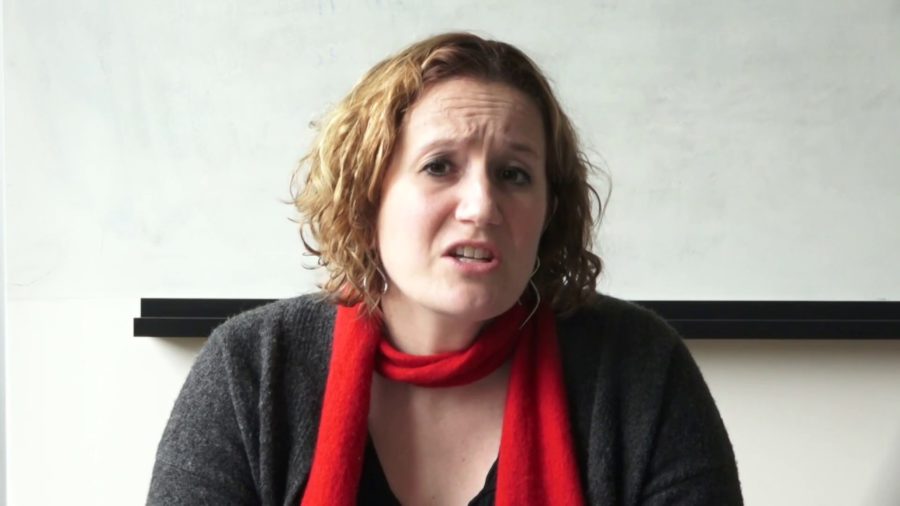History of technology is the history of civilization. The primary concern of all humans throughout history has been not dying. So the way that we have coped to mitigate this risk of not dying is by building infrastructure.
Archive (Page 1 of 4)
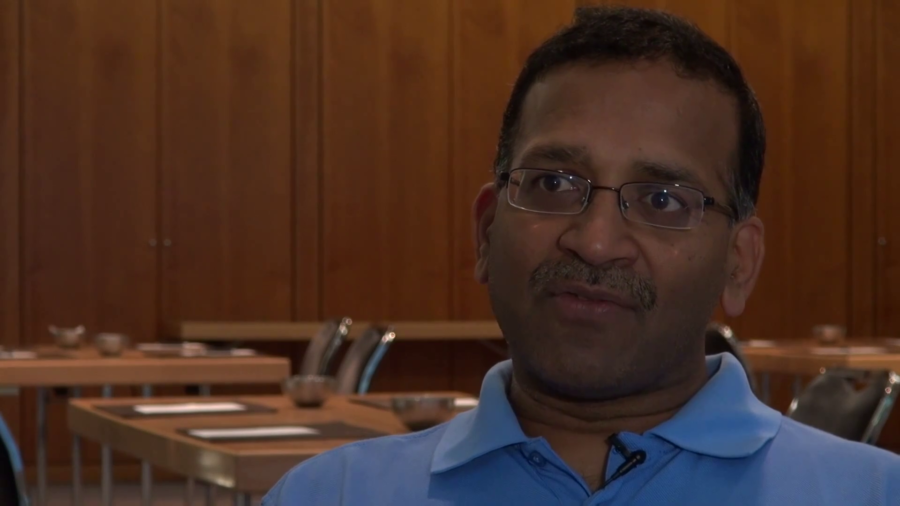
Keeping cohesion at the core of the Internet is an important thing. I’m not worried that that’s going to go away. But you have to continually pay attention to it. Because that function of converging, at the core is a critical one. When you do that well, what it allows is at the edges of the Internet it allows for things to happen. For innovation, for ideas to happen.
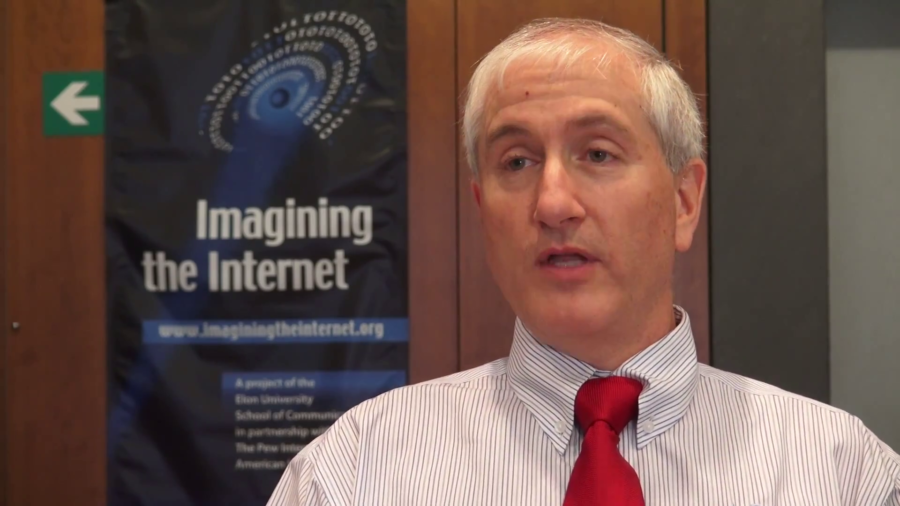
The greatest threat to the security and stability of our Internet today is distributed attacks, distributed denial of service attacks in particular. The Internet was built on a foundation of it works because everybody cooperates and we all agree. And that was a great environment when you pretty much could name everybody who was on the Internet, or you got to where you could name all the sites and you know, you could name all the organizations.
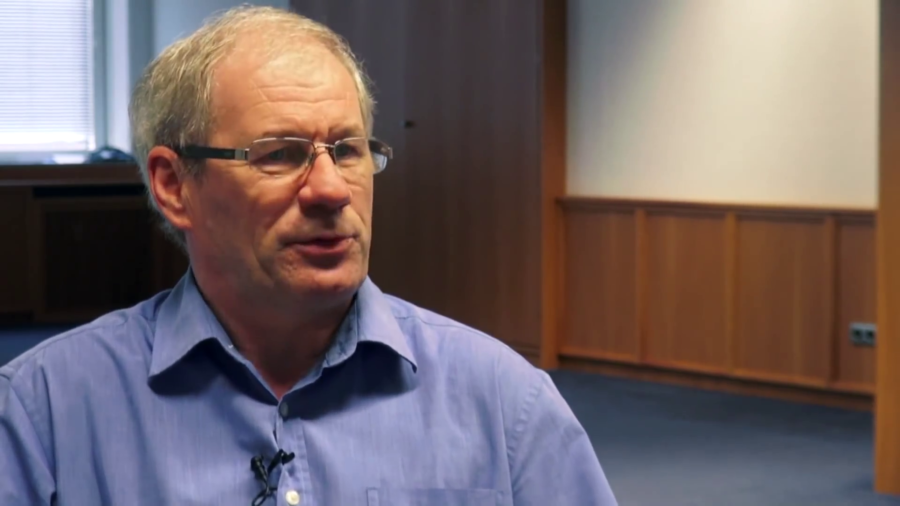
I was participating in a European Commission project, and it was really a surprising period. In less than ten years, the whole Internet changed.
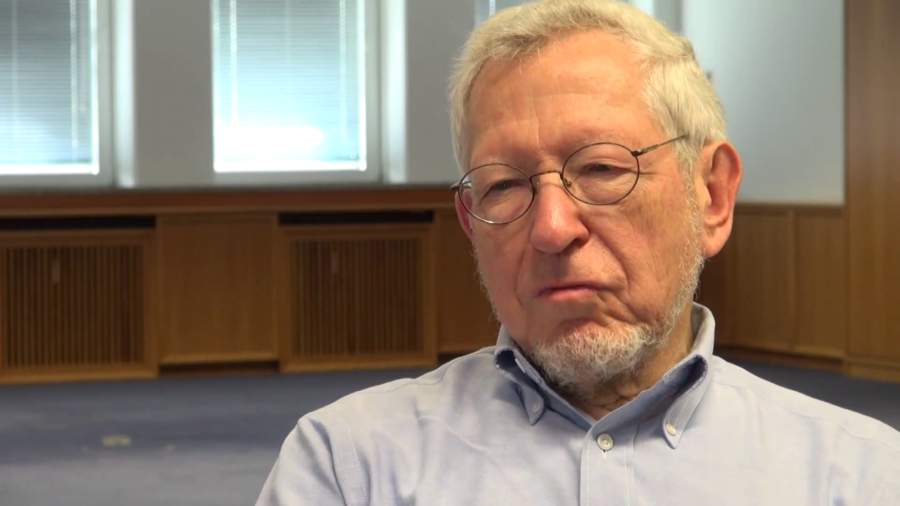
I would hope that ten or twenty years from now we live in a world in which Internet access is taken almost for granted, and that it’s conceivable that the Internet—the name “Internet”—will actually fade and we’ll just consider it part of the infrastructure that we’re used to just like you know, there’ll be a plug in the wall for information services over the Internet.

Water is a difficult commodity. It is free, and yet costly. It is simultaneously a private good, and a public good. It helps cities flourish financially, but now it is their financial burden. Almost nobody pays for the water per se. The cost of water is the cost of making it available at the right time, in the right place, and with the right quality.
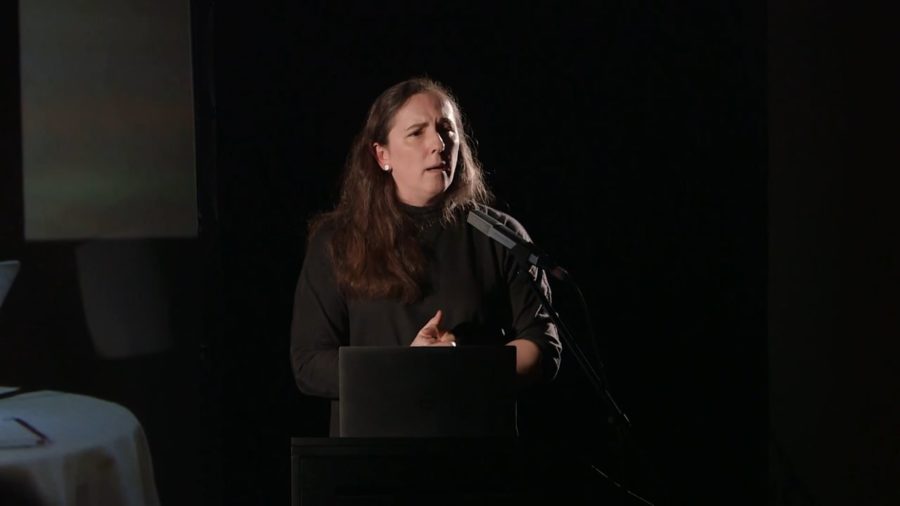
We have now in twenty years moved half the world’s population, give or take, to one city. And we all live in one city. And we keep walking out into the street and getting pasted by trams. And we don’t even understand what the trams are. We not only do not know how to live together online, we don’t even really understand that it’s a problem.
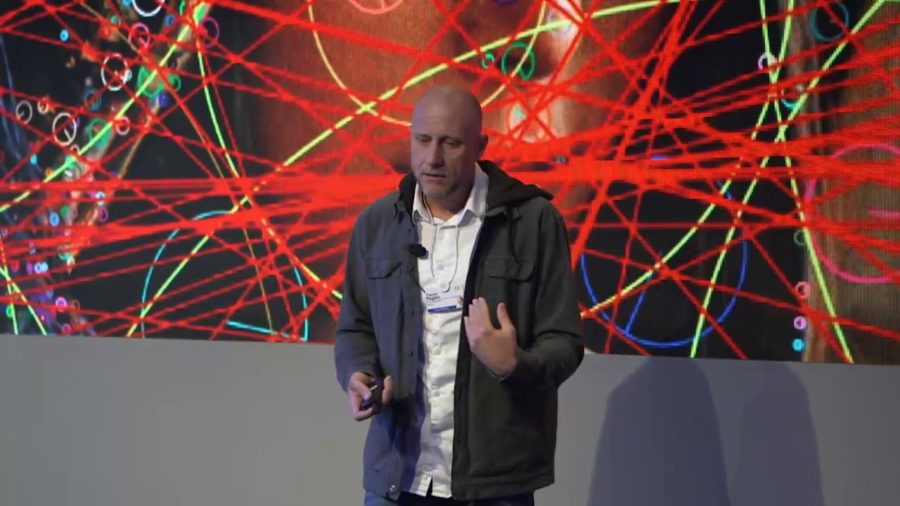
One of the things I really want out of art, what I see the job of the artist to be is to try to learn how to see the historical moment that you find yourself living in. I mean that very simply and I mean it very literally. How do you see the world around you?

